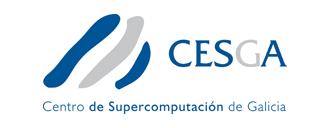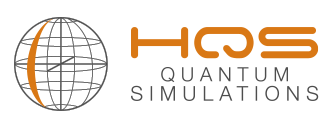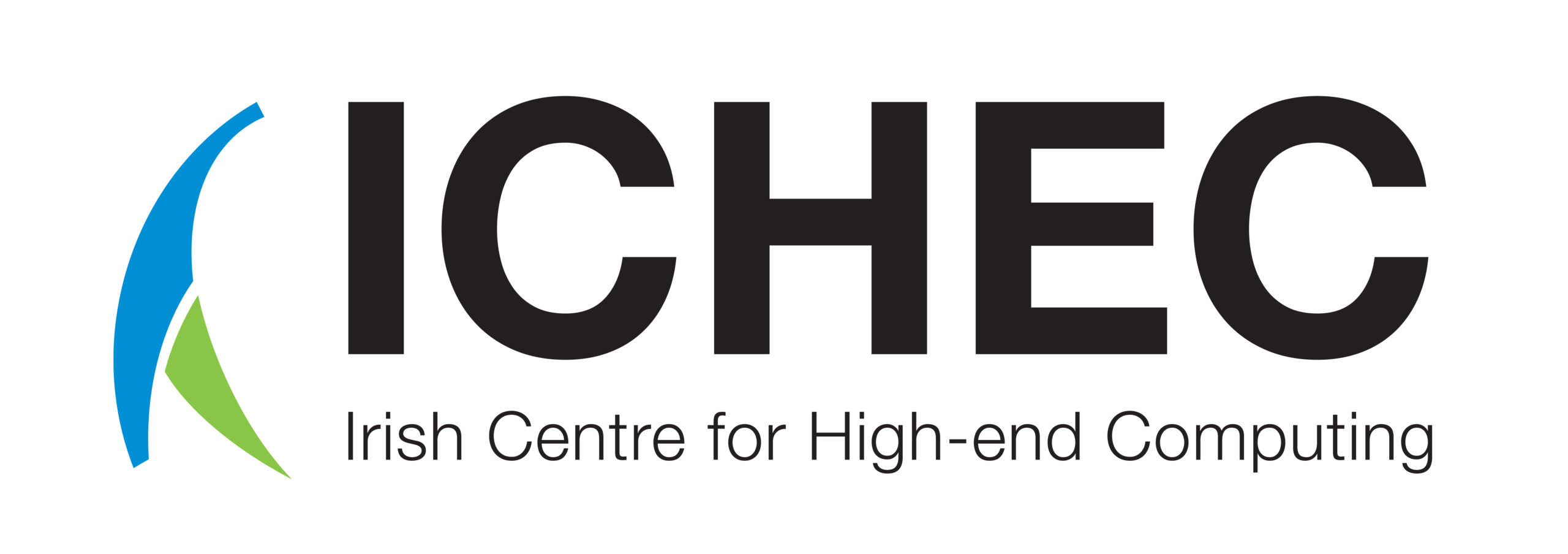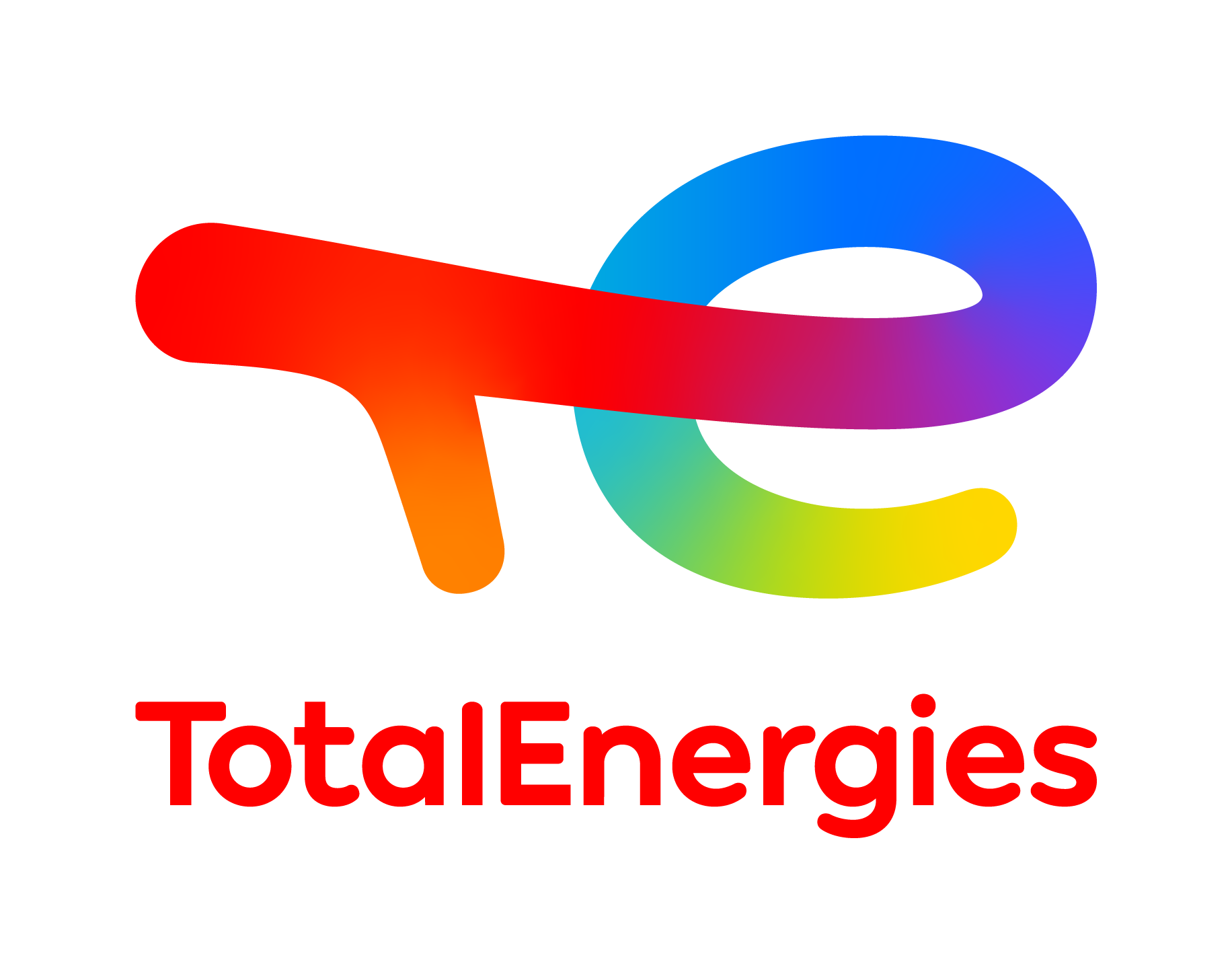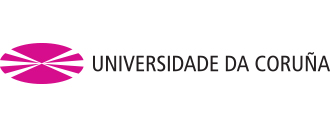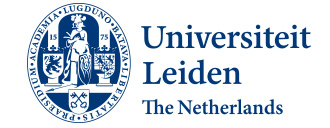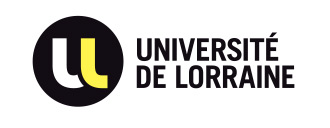NEASQC will design and test a series of application-focused benchmark to offer an application focused benchmark suite. This benchmark suite has the ambition to ease the cooperation among European QT Flagship hardware platform producers and end users by developing scalable and hardware-independent mechanisms to assess and compare quantum end-user applications behaviour in different hardware platforms.
Release 1.0 of the NEASQC Benchmark Suite was issued on 30 October 2023. The following benchmarks are included in the Suite:
- T01: Benchmark for Probability Loading Algorithms (Annex C). This Benchmark addresses one of the current main problems of Quantum Computing: how to load classical data into the amplitudes. Extracted from the WP5, it is important for many different quantum algorithms.
- T02: Benchmark for Amplitude Estimation Algorithms (Annex D). Amplitude Estimation algorithms are used as a technique to accelerate some results. It has been defined from the needs of WP5.
- T03: Benchmark for Phase Estimation Algorithms (Annex E). Phase Estimation is a key algorithm in Quantum Computing that is used widely. Concretely, it is used in some possible solutions of the Use Case 5 from WP5.
- T04: Benchmark for Parent Hamiltonian (Annex F). Variational algorithms, especially Variation Quantum Eigensolver, are proposed tools to get good results from the current noisy quantum computers. However, their results depend on the selected ansatz and used optimizer. This Benchmark tests the quality of the quantum computers and libraries to execute typical ansatzes used in WP4, without depending on the optimizer.


